Sleep for Musicians: Why It’s Hard and How to Make It Easier
Sleep for musicians doesn’t come easy. Between gigs, travel, and buzzing energy after shows, your body rarely gets a steady rhythm. Still, solid sleep fuels your mind, your music, and your mood. Here you’ll find simple, science based ways to improve sleep both at home and on the road, and learn how CBT-I can help you reset your rest for good.
Why Sleep Is So Hard for Musicians
Musicians live on a schedule that fights sleep at every turn. Late shows, changing time zones, bright lights, and adrenaline keep your body wired when it should be winding down. Add caffeine, screens, and after-show conversations, and it’s no wonder your sleep rhythm feels off. If you are experiencing anxiety or depression, that can make it worse too.
Even small sleep losses add up. Studies show that lack of sleep can hurt memory, slow reaction time, and make it harder to focus during practice and performance. It also affects mood, patience, and creativity which are the things that make your music come alive.
Why Good Sleep Matters for Your Music
Good sleep helps your brain store what you learn, so practice actually sticks. It sharpens coordination, strengthens focus, and keeps emotions balanced. When you sleep well, you handle stage stress better and feel more connected to your music. It’s one of the most effective ways to protect your mental health and keep your performance at its best.
What Is Sleep Hygiene?
Sleep hygiene means building healthy sleep habits and creating an environment that helps your body rest naturally. Think of it as preparing your space and your mind for sleep. It is not about perfection. It is about sending your body the right signals so it can relax and recover. See tips for home and the road below.
Try to keep a steady schedule when you aren’t performing.
Create a wind down routine that works for home and the road.
Use your bed for sleep only.
Watch caffeine and alcohol.
Keep your room cool and dark.
Nap smart.
Pack a travel sleep kit for the road.
Use light wisely.
CBT-I: A science backed approach to better sleep.
CBT-I stands for Cognitive Behavioral Therapy for Insomnia, a proven method that helps your body and brain relearn how to sleep. It is considered the gold standard treatment for chronic insomnia and has lasting results for many people. CBT-I focuses on changing both sleep habits and thought patterns that keep sleep disrupted. It includes techniques like:
Stimulus control: Go to bed only when you are sleepy and get up if you cannot fall asleep after 15 to 20 minutes.
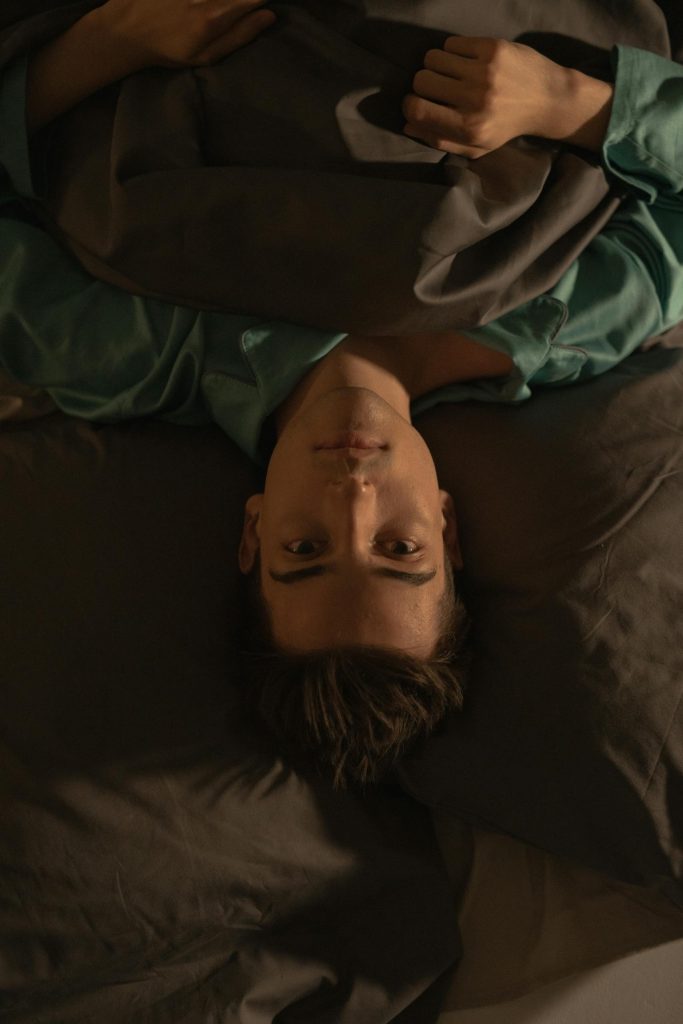
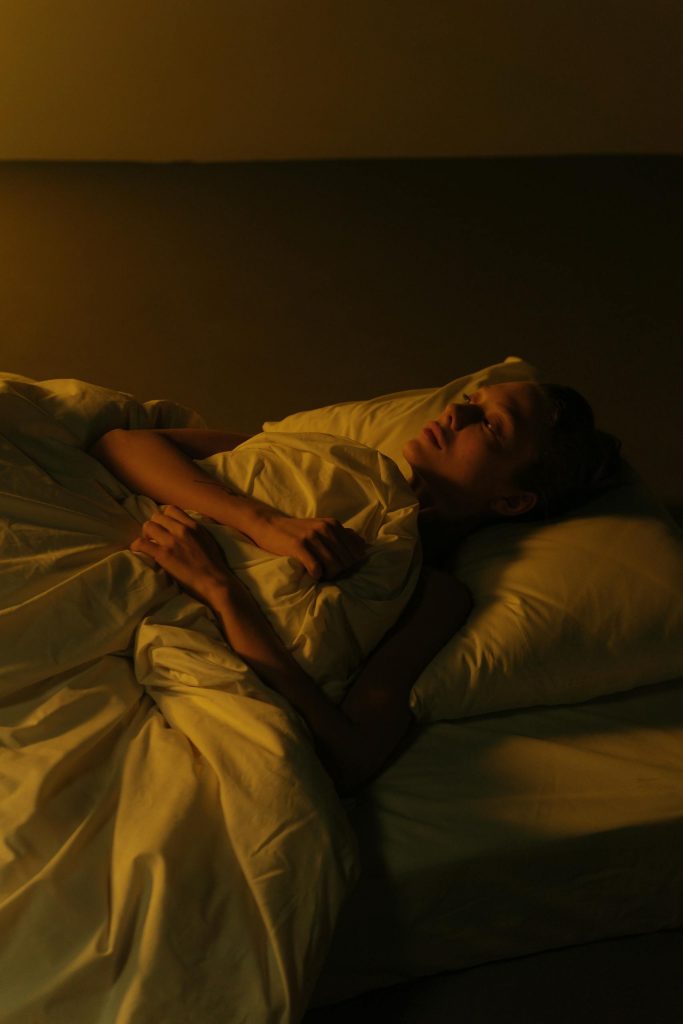
Sleep restriction: Limit the time you spend in bed to match how much you actually sleep, then slowly increase it as sleep improves.
Cognitive techniques: Learn to challenge thoughts like “I’ll never fall asleep”
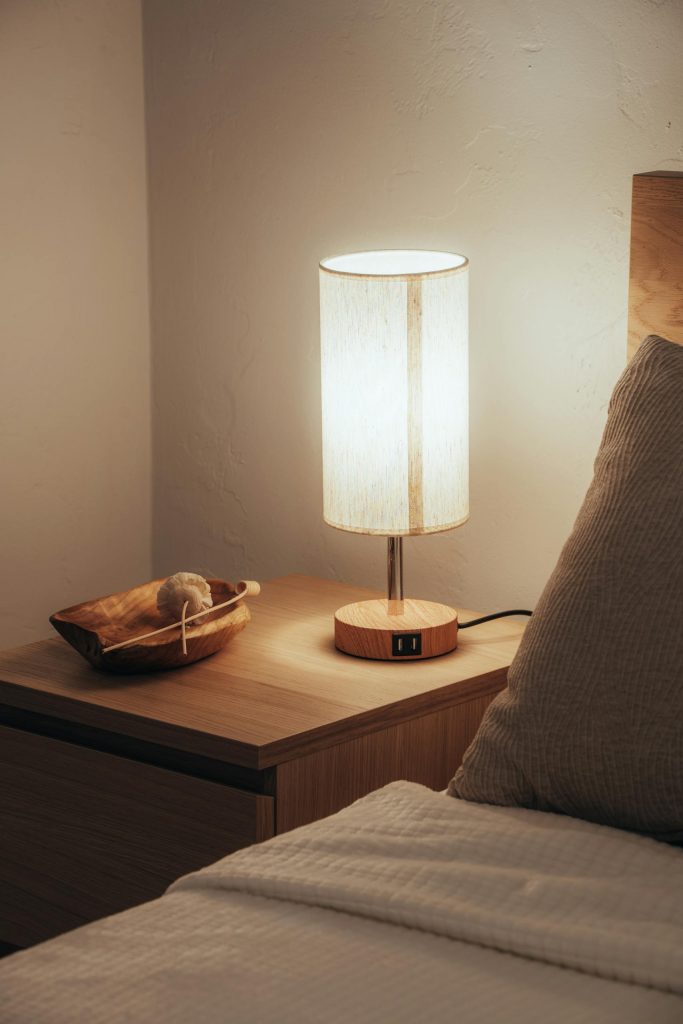
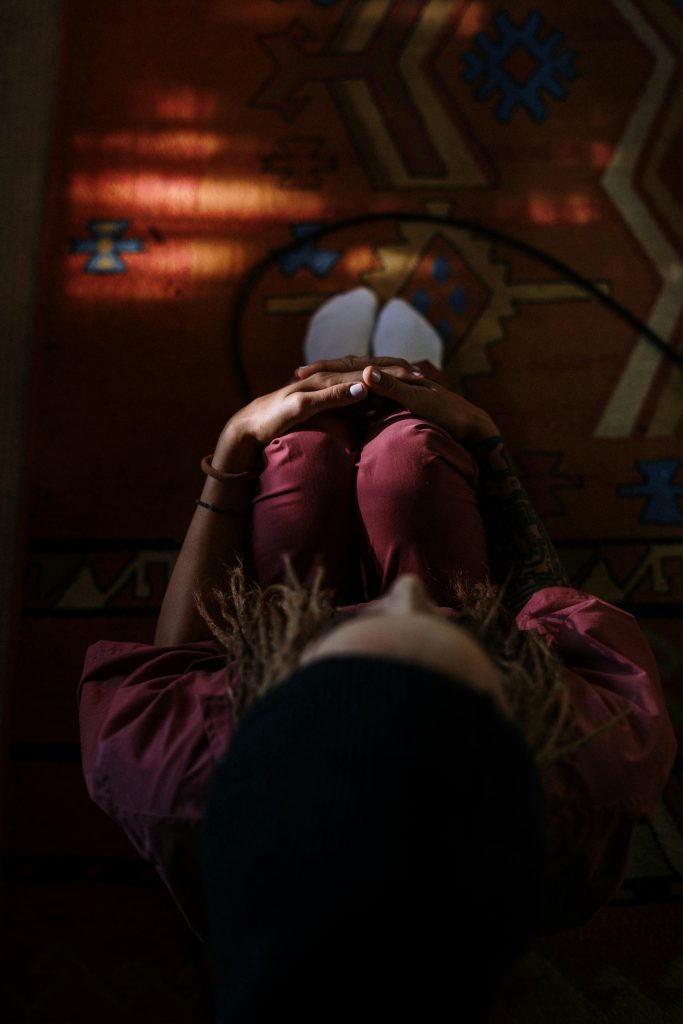
Relaxation training: Try deep breathing, muscle relaxation, or guided imagery to calm your body before bed.
Practicing CBT-I at Home
Track your sleep for a week or two. Write down when you go to bed, when you wake up, and any naps.
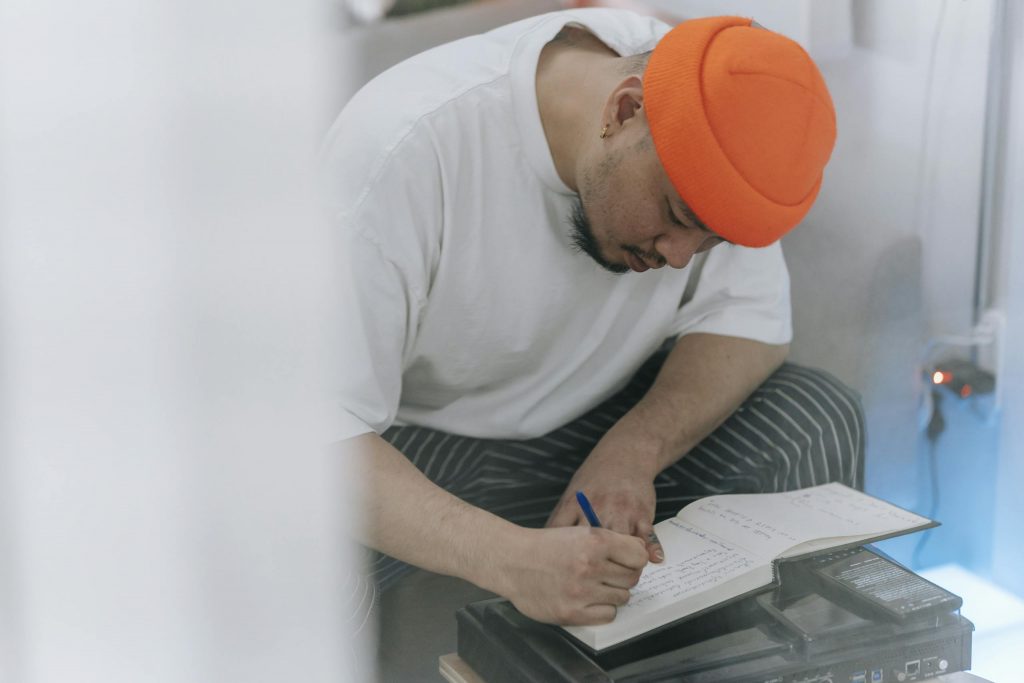

Apply stimulus control. If you cannot sleep, get up, do something quiet, and return to bed when you feel sleepy.
Try sleep restriction carefully. Limit time in bed to your average total sleep time, then increase it as you start sleeping better.


Practice relaxation every night. Make it part of your wind down time, not just something you do when you are desperate for rest.
Using CBT-I Strategies on the Road
Keep a short sleep log. Track patterns to see what helps and what hurts your rest.
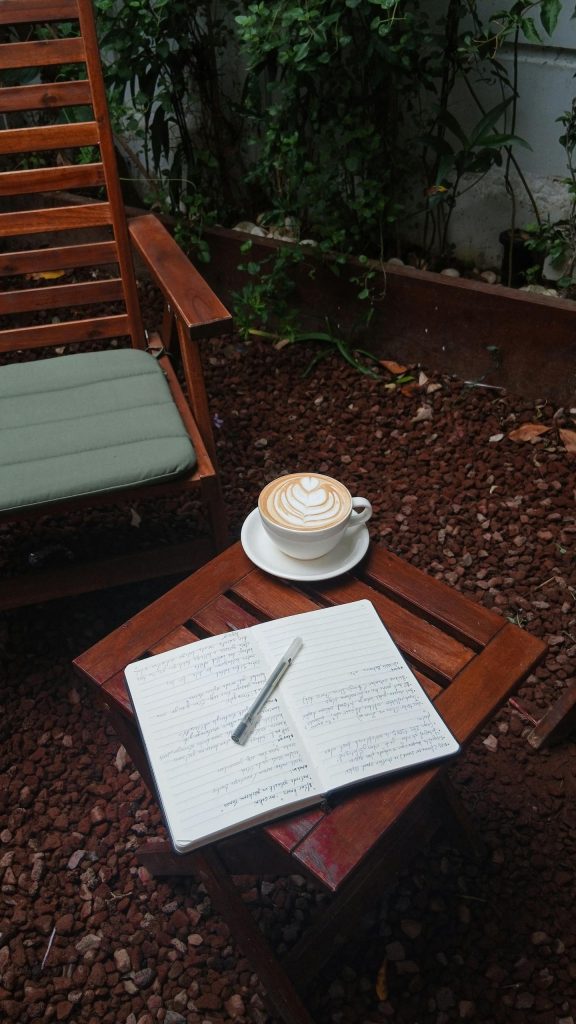
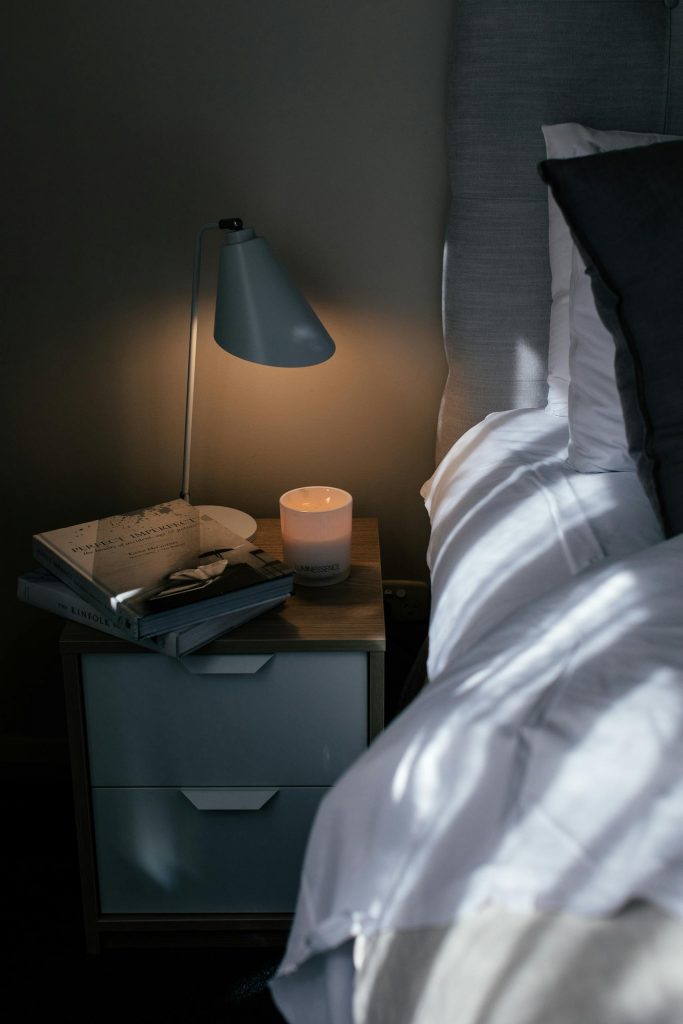
Apply stimulus control anywhere. If you cannot sleep in a hotel or tour bus, step away from your bed or bunk until you feel sleepy.
Adjust gradually for time zones. Get light at the right times to help your body adapt.
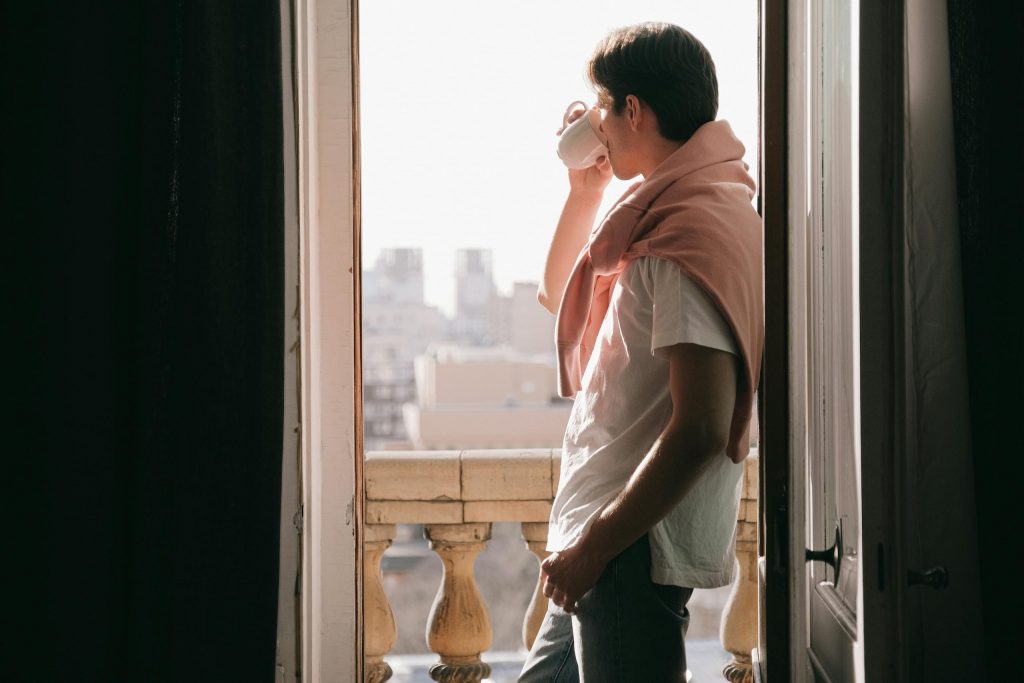
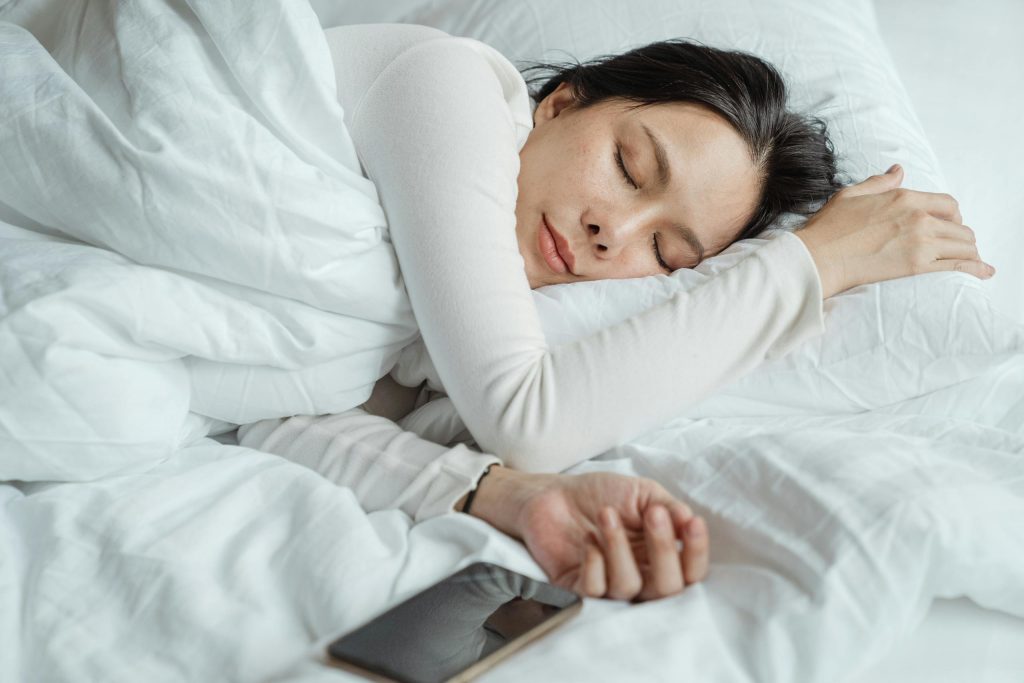
Try digital CBT-I tools. These programs can guide you through the steps, or meet with a therapist or sleep specialist.
The Science Behind Sleep
Sleep helps the brain store new information, strengthen coordination, and regulate mood. When sleep is steady, your body and mind recover faster, creativity flows more easily, and your performance becomes more reliable. CBT-I is backed by strong research and is recommended as the most effective treatment for ongoing sleep issues.
Try One Small Change Tonight
Sleep for musicians doesn’t have to be this much of a challenge. Start with one simple change. Set a regular wake time or take 20 minutes to wind down before bed. Small, steady habits can reset your rhythm and help your body remember how to rest. If sleep has been difficult for months, consider trying CBT-I or talking with sleep specialist or a therapist who understands sleep and the demands of music life.
